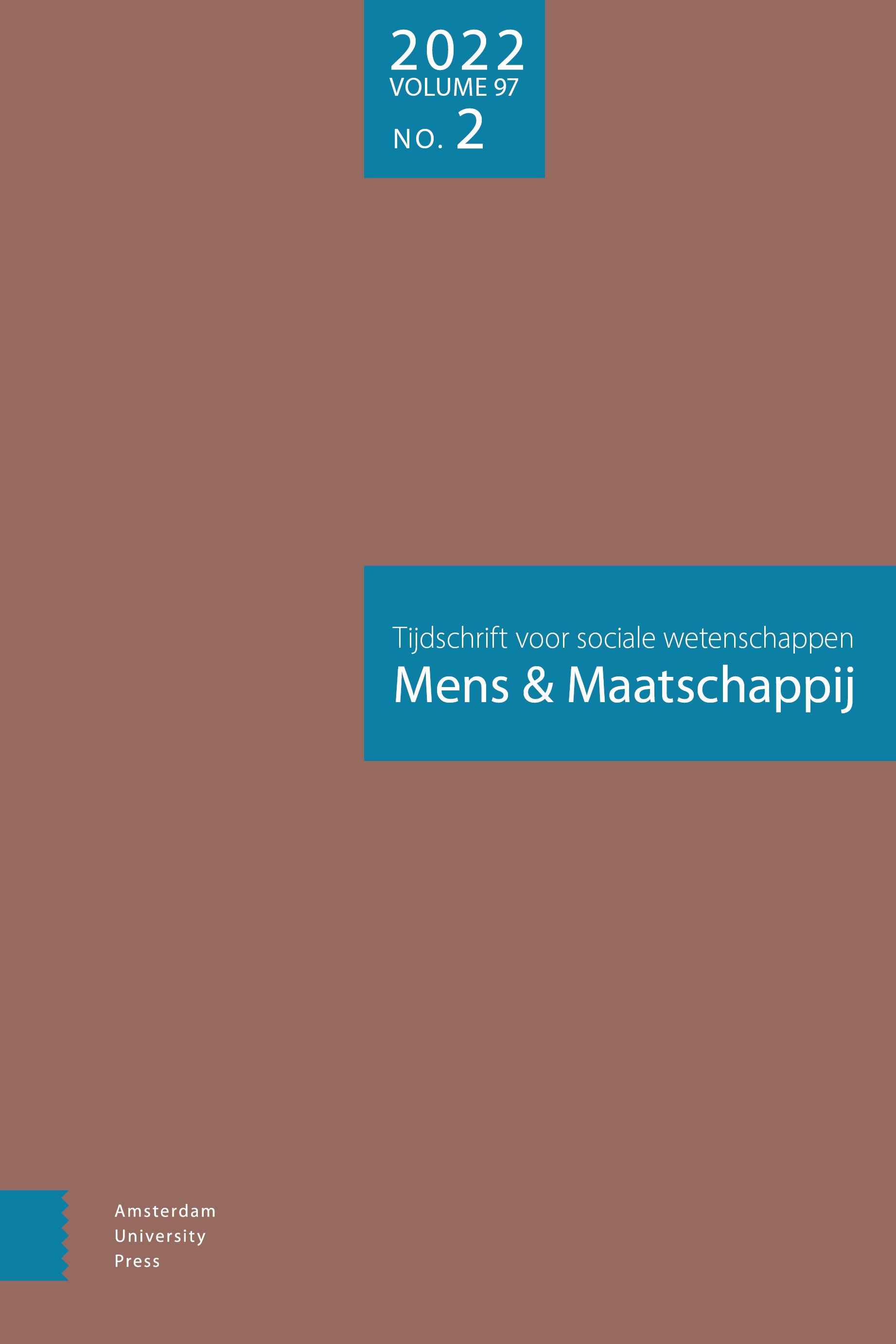-
oa De intergenerationele reproductie van cultureel kapitaal in belichaamde, geïnstitutionaliseerde en geobjectiveerde vorm
- Amsterdam University Press
- Source: Mens & Maatschappij, Volume 84, Issue 2, Jun 2009, p. 177 - 206
Abstract
The intergenerational reproduction of cultural capital in its embodied, institutionalized, and objectified states .
According to Bourdieu, cultural capital manifests itself in three states: the institutionalized state, the embodied state, and the objectified state. Empirical research using the notion of cultural capital has never operationalized the concept fully, i.e., using indicators of all three states. We provide such a threefold measurement of cultural capital for both respondents and their parents, which allows us to take a very detailed look at the process of the intergenerational transmission of cultural capital. We found that respondents’ schooling levels (institutionalized state) are affected by parental education and, to a lesser extent, parental cultural behaviour, and both effects are smaller among younger generations. Cultural participation (embodied state) does not become less dependent on cultural family background over time; it is affected by all three manifestations of parental cultural capital, although the embodied state is by far the most important. Cultural possessions (objectified state) are mostly affected by parental cultural goods and this association continues to be of importance even though the effects of the other states of parental cultural capital on respondents’ cultural possessions are declining. Our results thus reveal that the three states of cultural capital differ in the constellation of their causes and consequences plus the changes therein, which demonstrates that less elaborate operationalizations of cultural capital do not provide proxies that represent the entire concept.


